Using Large Search Coils on a Metal Detector
Most good gold detectors have several choices of search coils that you can use of various different sizes. Experienced gold hunters usually have their favorites, but also have a variety available for different situations.
Some folks think bigger is better… and sometimes it is. Large search coils on metal detectors certainly have their place and they have probably become even more popular in recent years as the goldfields have been hunted hard and it’s tougher to find gold nuggets. There are a lot of challenges with using large search coils though. Let’s look at a few of them:
Heavier (More Fatigue)
The most notable difference when using large coils on the end of your metal detector is the added weight. Even a few ounces can be significant after a long day of searching. An extra pound or more will cause considerably more fatigue in your muscles throughout the day.
Not only does it cause more fatigue, but it will also make you detect a lot sloppier, which can definitely make you miss some gold nuggets.
Hard to Maneuver in tight spots
A lot of gold nuggets are down in bedrock cracks and other “tight spots.” Maneuvering your search coil into these places can be tricky.
When hunting bedrock cracks, a good VLF metal detector is perfect. It fits perfectly into small bedrock cracks. A great big coil on the other hand will miss lots of gold because you just can’t get it over the gold.
Less Sensitive to Small Gold
Big coils are notorious for missing small gold nuggets. They just aren’t quite as sensitive to the smaller bits of gold (which are much more common).
I have noticed that some of the newer coils are getting better about this though. Large search coils have improved a lot in sensitivity over the past decade.
Can Pick up More Ground Noise
Larger coils “hear” more ground than a small coil, so they are more susceptible to chatter and general ground noise. This can generally be corrected by setting up your metal detector properly for the ground conditions, but sometimes a large coil just won’t function properly.
Challenging in Trashy Locations
Anyone who has hunted in a very trashy location knows that large coils can be very difficult. When there are lots of metal targets in the ground it is tough to separate the noises and isolate the different sounds that your detector is making.
Pinpointing targets to dig is harder when there are multiple targets in the ground. With a smaller coil it’s easier to “pick apart” those noises, but sometimes a large coil can be overwhelming to use.
So Why Would You Ever Use a Large Coil on Your Metal Detector?
Boy, it sure seems like there are a lot of downsides to using large coils on a metal detector, don’t there? I think all of the points listed above are valid and worth considering when you are selecting a search coil. However, with all that said, I still use a large coil a lot of the time!
They find deeper gold nuggets!
The reason that so many gold hunters like swinging a metal detector with a large coil is because they will detect gold nuggets that are deeper than small coils can hear. That is really the primary reason why prospectors use them.
With so many of the goldfields throughout the world being prospected hard over the past few decades, we can use all the advantages that we can get. A large coils might provide just an inch or two of extra depth, but that might be just enough to find a nice nugget that has been missed by everyone else before you!
Better Ground Coverage
Another nice thing about large coils is that they cover a lot of ground when you are patch hunting. You can cover way more ground when you are swinging a large coil.
Many prospectors spend most of our time searching for new gold patches by hunting virgin ground, and they need to efficiently cover ground while hunting. This is another clear advantage that large coils have over the smaller coils.
Metal Detecting Tips and Tricks
Looking for some tips to improve your odds treasure hunting with your metal detector? Here is a list of some tips that you can use or learn to use a metal detector especially if you’re a beginner.
Buy a decent metal detector when you can.
You don’t have to spend as much as you can and get some thousand-dollar professional grade metal detector, but something in the $300 to $700-dollar range is really where you want to be.
Anything less and you start getting metal detectors that don’t have all of the features and capabilities that you will want to have as you go from a beginner to a novice. Anything more than that and you most likely are going to get a metal detector with functionality that you can’t fully take advantage of just yet.
Don’t get easily discouraged.
When metal detecting in general, but especially when you’re just getting started, there will be plenty of times when you don’t find anything. There will be even more times when it seems like all you can find is trash.
The general rule , when it comes to probability in being successful while metal detecting is that you are going to find a lot more trash than you are going to find treasure. That goes for all prospectors from beginner to professional. The difference is that the professional understands this fact and deal with it, and the beginner gets discouraged and gives up before they find anything of value.
Dig on every hit.
This one goes along with the last one in that it can be easy to get discouraged and not dig a signal just because it sounds like another signal that turned out to be trash, or one that you weren’t even able to locate.
However, as a beginner you are going to want to and if you want to be successful you are going to have to dig everything. You can’t know if it’s going to be trash or if it’s going to be treasure unless you put in the work and dig it out of the ground. Plus, simple probability will tell you that the more hits you dig the more opportunities you have to find something good. Not to mention the experience you gain from pin-pointing any target and unearthing it.
Start in a place you know to get comfortable with the metal detector.
When you first get a metal detector you are going to want to practice a bunch and also find the setting that work best for you. Instead of trying to figure this out once you’ve driven an hour to some where, why not dial everything in back at home? Who knows what you could find waiting for you in your own backyard?
Some people after thoroughly searching their entire property they were able to find a bunch of coins, some old tools, and of course some nails, pop-tabs, and pieces of foil. But, they were able to learn how to use features such as: discrimination, sensitivity, ground-balancing, and even how to adjust the volume of the signal.
Use an Overlapping Scanning Technique.
One of the worst mistakes a beginner detectorist can make is having poor scanning technique. If you don’t overlap your swings then there is no doubt you are missing ground and therefore possible missing treasures. I noticed that I got double the amount of hits when I first started using an overlapping technique, a huge improvement for such a small change.
Always sweep over the dirt you dig out of a hole.
When you are digging out a hit make sure to periodically sweep the coil of your metal detector over the pile of dirt you dig out of the hole to check if the object has already been dug up. I constantly dig up too much in a single dig and wind up putting my object in the discarded material pile, so always make sure to check it every few digs to make sure you are not wasting my time.
Keep your coil parallel and close to the ground.
Coil discipline, or the ability to always keep the coil of your metal detector parallel and close to the ground when detecting, is a skill learned with time. However, if you can start learning it from the beginning you avoid having to unlearn bad habits. Having a coil that is parallel to the ground ensures that you are detecting the ground directly below the center of the coil and thus helps you when it comes to pinpointing a signal. Having a coil that is close to the ground ensure that you are detecting as deep as possible which means your chances of getting a signal are instantly improved.
Use headphones and make sure they are comfortable.
Of course, most metal detectors have a speaker. But, if your metal detector also has a headphone port use it. Wearing headphones helps mitigate the annoyance you may be causing to people around you, and even if you don’t care about that, headphones make it easier to hear and are more sensitive to a signal than the speaker on your metal detector.
Take your time Scanning.
If you are moving too fast it is possible that you will miss a signal, and most likely you are going to miss ground. Slowing down and taking your time is the only way to make sure that you aren’t missing anything important.
Be respectful and follow the law.
This is probably common sense to most people, but then again common sense isn’t always common. So, just as a reminder, make sure to always be respectful and to leave as little of a trace of your detecting as you possibly can. This means filling in holes, not digging too deep, and in general not destroying the land that you are detecting on.
Moreover, unless you own the land or have express permission from the land-owner, you need to make sure that it is legal to metal detect on the land you plan to detect on. Plus, even if it is legal you need to make sure to follow any possible rules or regulations that go along with metal detecting at these areas.

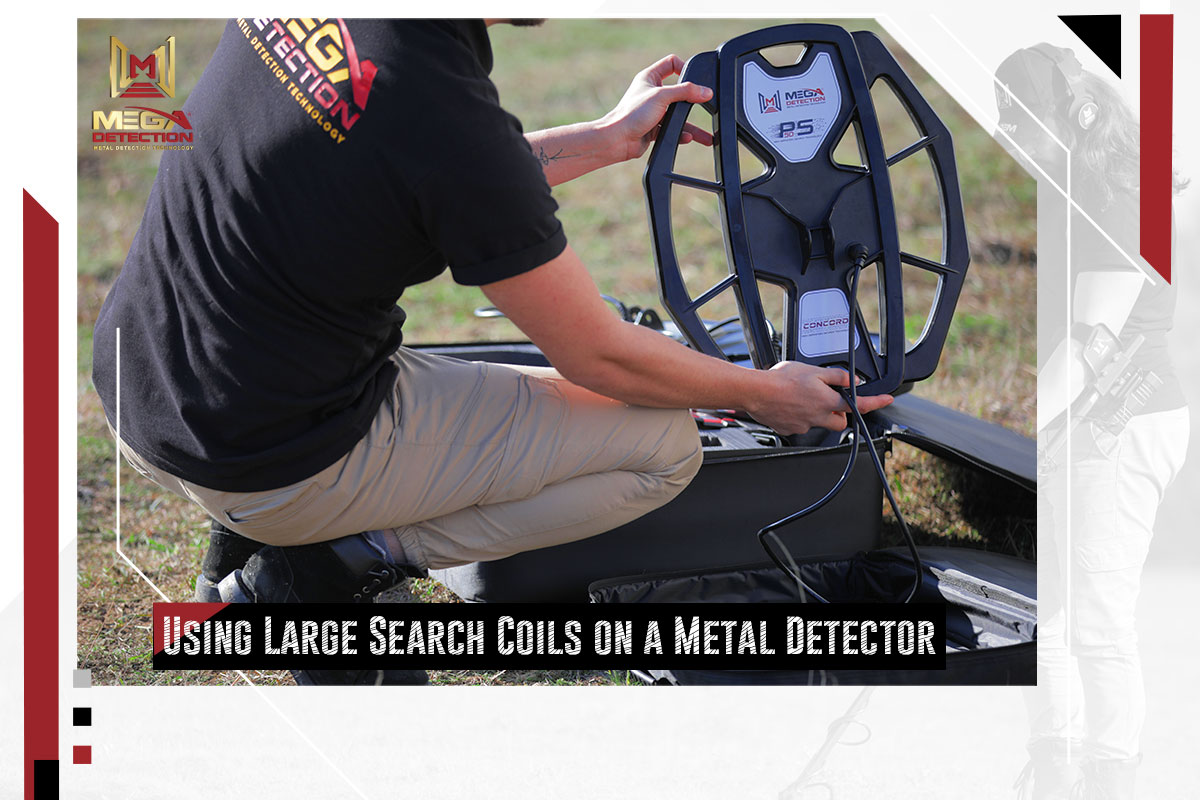

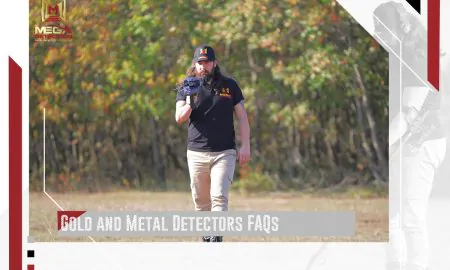
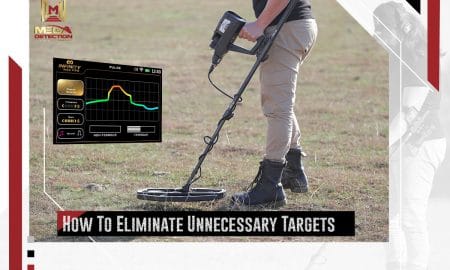


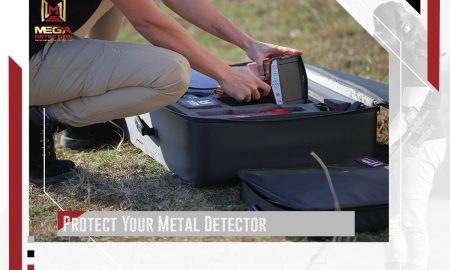

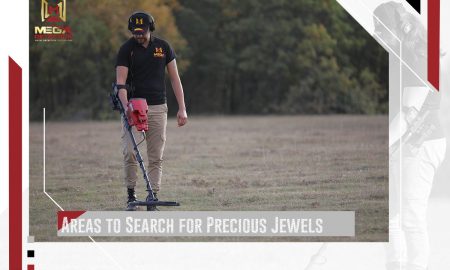

Leave a Reply